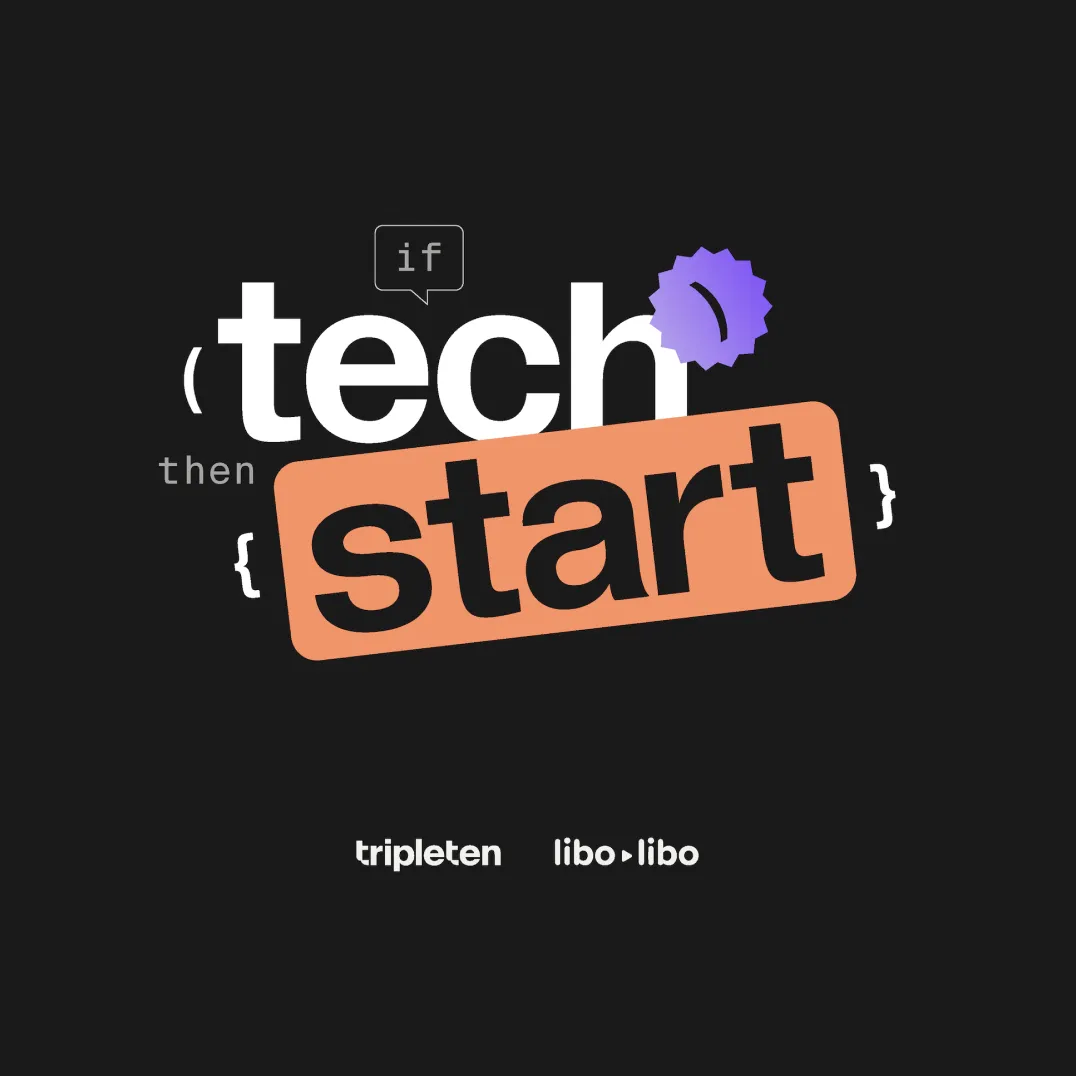After graduating from TripleTen bootcamp, and sometimes even in the learning process, many ask themselves, "Should I try freelancing?” Freelancing has its pros and cons. Let’s talk about how to find and apply for freelance projects, what you need to be prepared for, and whether you need this experience (heads up: not always).
The appeal of freelancing
Freelance gigs can be an excellent way to build your skills in tech while earning money. As a freelancer, you can work on various projects for different clients, exposing you to new technologies, tools, and development methodologies. This variety of experience can be valuable when applying for full-time positions, as it shows that you have a broad range of skills and can adapt to new challenges.
In addition to building your skills, freelance gigs can help you create a portfolio of work. A strong portfolio is essential for a tech job, as it demonstrates your ability to apply your skills to real-world projects.
Freelance work can also help you make valuable connections in the industry. As you work with clients, you'll have the opportunity to network with other professionals in the field. These connections can lead to new job opportunities or even potential partnerships if you decide to start your own business.
Freelance work can provide a valuable source of income, especially for software engineering students or recent graduates focused on finding a full-time job.
What are the downsides of freelancing?
The advantages are undeniable, so what about the disadvantages?
For starters, the main disadvantage of freelancing is an inconsistent income. Freelancers don't have a steady paycheck, which can be stressful, especially if there are gaps between projects. You'll need to be proactive in finding new clients and managing your finances, but there is no guarantee that it will work out the way you planned. Besides that, a freelancer's work is paid less than that of permanent employees. All the hustle can take a lot of your time if you don’t have experience in it and know how to tackle things.
Secondly, freelancers don't typically receive benefits like health insurance, retirement plans, or paid time off. You'll need to factor in the cost of these benefits when setting your rates, plus the platform fee, which is an average of 10% of your contract rate.
Overall, you have a lot more responsibility. You're responsible for delivering high-quality work on time, managing your own schedule, and handling all aspects of your professional life. This can be frustrating, especially if you're just starting out.

When am I ready to start freelance contracts if I study?
Freelancing may seem easy to start without prior experience, but it’s not different from getting a regular job. Here are some things to consider when deciding if you're ready to start taking on freelance work:
- Skill level: You should be comfortable working with programming languages, frameworks, and tools commonly used in the industry. It's also essential to have experience working on real-world projects through internships, personal projects, or school assignments.
- Portfolio: A strong portfolio of work is essential when looking for freelance gigs. Your portfolio should showcase your best work and demonstrate your ability to solve real-world problems. You can build your portfolio by working on personal projects, contributing to open-source projects, or showcasing your projects done in the bootcamp.
- Business acumen: Freelancing requires more than just technical skills. You need to be able to manage your finances, set your rates, communicate with clients, and market yourself effectively. It's important to have a solid understanding of the business side of freelancing before taking on contracts.
- Time management: Freelancing requires high self-discipline and time management skills. You should have a plan to manage your time and meet deadlines.
- Networking: Freelancing requires you to find your own clients, which means you need to be able to network effectively. This involves reaching out to potential clients, building relationships with industry professionals, and marketing your services.
Where can I get freelance gigs?
Software engineers can find freelance gigs on many platforms and websites:
Upwork is a popular platform that connects freelancers with clients. You can create a profile on Upwork and browse through available job listings, or clients can search for freelancers based on their skills and experience.
Freelancer is another platform that connects freelancers with clients. You can create a profile on Freelancer and bid on available projects, or clients can search for freelancers based on their skills and experience.
Fiverr is a platform where freelancers offer services in various categories, including software engineering. You can create a profile on Fiverr and offer your services to clients, or clients can search for freelancers based on their needs.
Toptal is a platform that connects top freelance talent with clients. The platform has a rigorous screening process, and only the top 3% of freelancers are accepted to access high-quality clients and projects.
At this stage, you might find helpful information by searching with the following filters and keywords: "Website Editor," "Content Editor," "Website Support Specialist," "HTML and CSS Production Specialist," "HTML Email Developer," "Entry-Level Front-End Engineer Jobs," "Entry-Level Software Engineer," and "Webmaster Jobs."
Should I expect to work freelance when I graduate?
Your career outcome directly depends on the bootcamp you choose. With TripleTen, you will be prepared for a full-time job at a solid company with a competitive paycheck and benefits. The Career Prep program is designed to help students decide on the best company to work in after graduation and prepare for the job search.

Freelancing does not give you solid experience as it seldom offers consistency or a permanent commitment. Offering services requires knowledge of maintaining your professional image and is suitable for those with experience in the field.
However, freelancing can be a great option to gain experience in new areas, for instance, working with a specific domain or incorporating your knowledge in a new field. So you can rely on freelancing while searching for a full-time job or having minimal availability due to circumstances.
Bootcamps like TripleTen prepare you to land a full-time job in a company with solid benefits and a predictable workflow to grow and develop. During the bootcamp, you'll work on real-world projects designed to mimic those you'll encounter in a full-time job. You'll also have access to a community of mentors and peers who can provide support and guidance as you work through the program.
.jpg)






.png)







